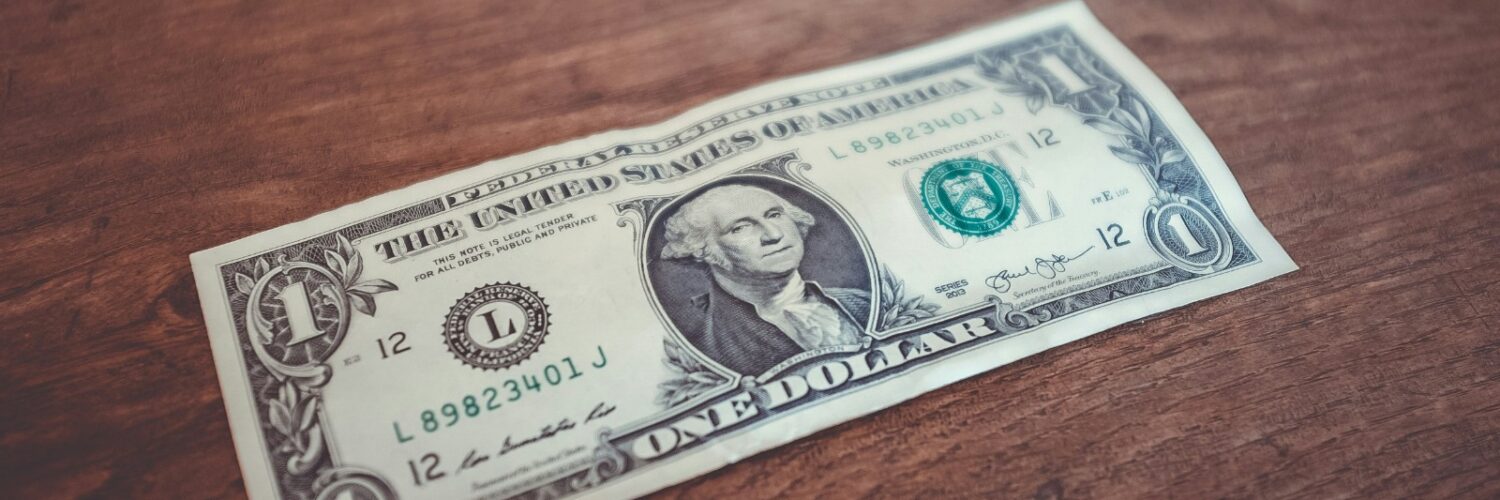Investors are becoming increasingly worried about the possibility of a recession. Recently, Wall Street’s fear index, known as the VIX, spiked as anxiety spread across the market. The global stock sell-off was triggered when Japan’s Nikkei 225 plunged by 12%. The U.S. stock market wasn’t spared either, with the S&P 500 losing $1.3 trillion in a single day, the Dow dropping by more than 1,000 points, and the Nasdaq falling by nearly 600 points.
What caused this sudden panic? It all started with a weaker-than-expected U.S. jobs report. The unemployment rate ticked up to 4.3%, the highest it’s been in three years. On top of that, employers only added 114,000 jobs in July, much lower than the 175,000 jobs that economists had predicted. This disappointing report made investors worry that high interest rates are slowing down the economy more than expected.
Impact of Global Interest Rates
At the same time, the Bank of Japan raised its benchmark interest rate, causing the value of the yen to rise. This move sent shockwaves through the global market, sparking fears about the end of “carry trades.” Carry trades are a strategy where investors borrow money in a low-interest-rate currency (like the yen) and use it to invest in higher-return assets. As the yen rose in value, this strategy became much riskier, adding more uncertainty to the market.
Yiming Ma, a professor at Columbia Business School, pointed out that these developments could signal a higher chance of a recession. According to Sahm’s rule, a recession is likely when the unemployment rate’s three-month moving average rises by 0.5% or more from its lowest point in the previous 12 months. With unemployment on the rise and the economy slowing, the chances of a recession are growing.
However, Ma also said that while the risk of a recession has increased, it’s not a guarantee. We may not be heading for a deep recession, but the warning signs are certainly there.
If you’re wondering how this connects to today’s stock market struggles, check out Stock Trading Feels Like Walking on Broken Glass and for more on the Die Hard metaphor, visit Walking on Broken Glass.





Add comment